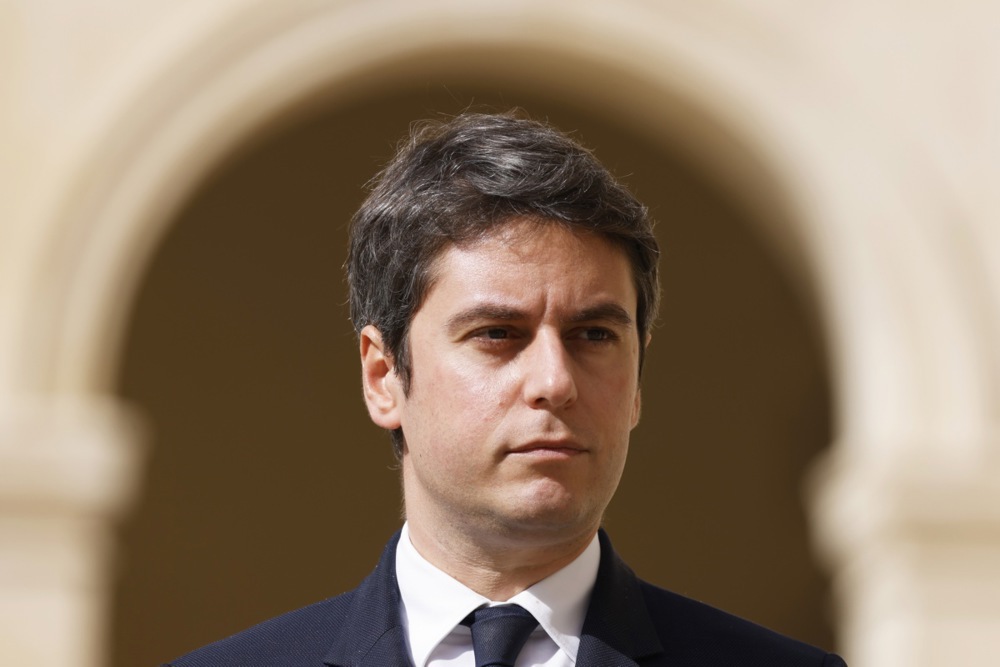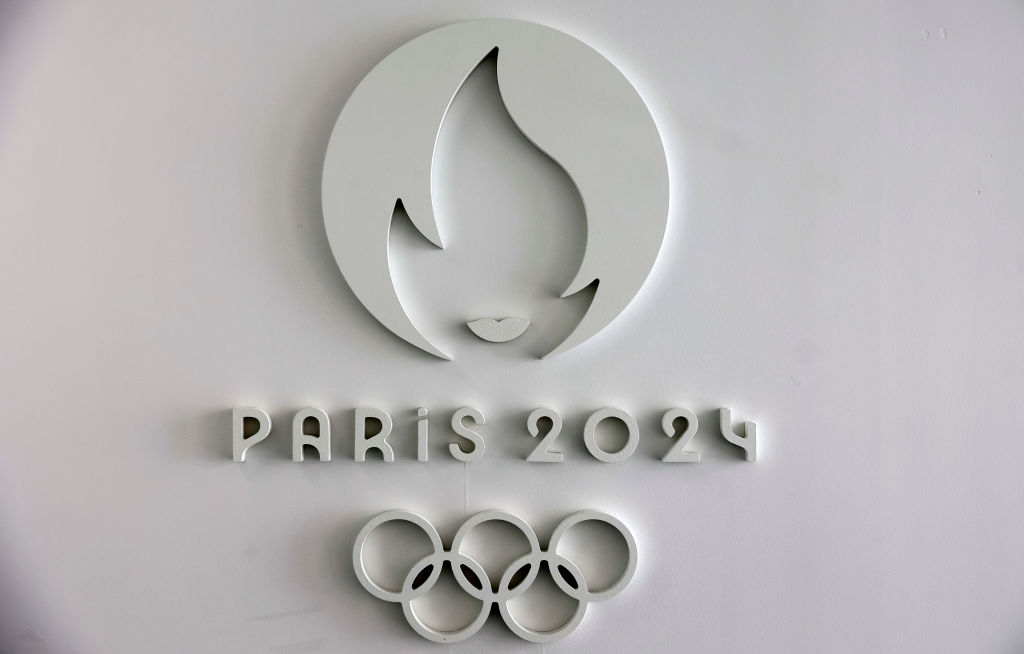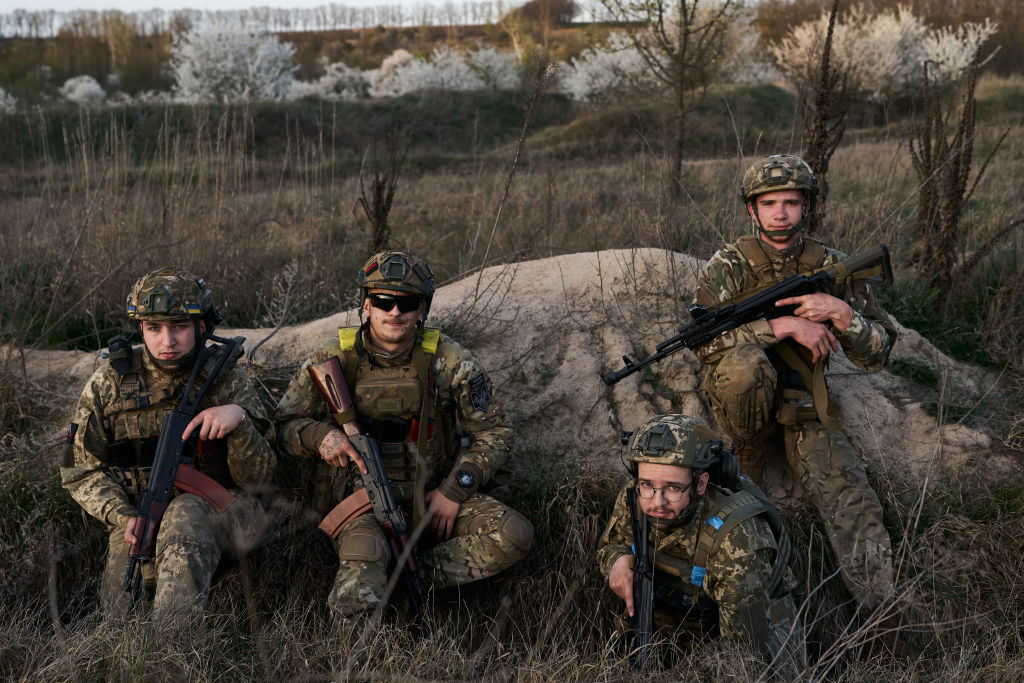French labour unions slammed the use of 45,000 volunteers scheduled to work at the upcoming Paris Summer Olympics, labelling it “disguised employment”.
The schedule indicates volunteers will be engaged for eight to 10 hours per day, six days a week over a 15-day period.
French labour unions argued that the lack of clarity within employment laws allowed for what it said was staff exploitation.
Les @jeuxolympiques, c’est pire qu’@Uber !
45 000 bénévoles, c’est la plus grande campagne de salariat déguisé ! Les salarier couterait 1% du budget de 8 milliards des JO.
Bénévoles, tout travail mérite salaire. Pas de salaires, pas de JO !https://t.co/QSMkk7m7KH
— Danielle Simonnet (@SimonnetDeputee) April 19, 2024
According to union representatives, the absence of clear distinctions in the legislation between salaried work, self-employment and volunteering created ambiguity, thus enabling what they described as “disguised employment”.
“The distinction between salaried work, self-employment and voluntary work does not appear in the law. It is a jurisprudential construction,” said the French Union organisation.
The unions highlighted the lack of financial compensation and legal subordination – for instance staff managers – as essential criteria in distinguishing volunteer work from paid-for employment.
They criticised the Olympic and Paralympic Volunteering Charter for imposing obligations on volunteers akin to those of employees, including the power to revoke accreditation cards for non-compliance with its rules.
“This is similar to the employer’s power to sanction,” claimed the French Union.
The Parisian Police Department has announced it will trial new so-called algorithmic video surveillance systems at public transportation venues throughout Paris ahead of the forthcoming Summer Olympic Games. https://t.co/rXvyzuRWgA
— Brussels Signal (@brusselssignal) April 18, 2024
Unions are not the only parties concerned by the announced working conditions, with some politicians and volunteers also lamenting the current situation.
“We’re not far from paid employment,” one individual set to take part in such volunteer work said.
“Five days on, two days off, it looks like a schedule for a job.”
This perceived imbalance between volunteer expectations and employer-like control has prompted concerns from the unions regarding potential exploitation and the establishment of a precedent for free labour.
They cautioned that such practices could pave the way for broader exploitation beyond the scope of the Olympics.
“A precedent will be established in the other direction: the possibility of mass recourse to free labour when the criteria for salaried employment were met,” they warned in a joint statement.
They further contended: “This precedent will be used and exploited by structures pursuing much more questionable goals than the JOP [the Paris Olympics].”
For hard-left politician Danielle Simonnet of La France Insoumise, the situation marked the “largest disguised wage labour campaign” France had ever seen.
“All work merits pay. No pay, no Olympics,” she concluded.
France has unveiled a system of compulsory QR-code passes for travel throughout Paris, with the new system reportedly being implemented to reduce the threat of terrorism ahead of the Olympic Games in the city. #Paris2024#ParisOlympics https://t.co/han4uckzez
— Brussels Signal (@brusselssignal) April 9, 2024





